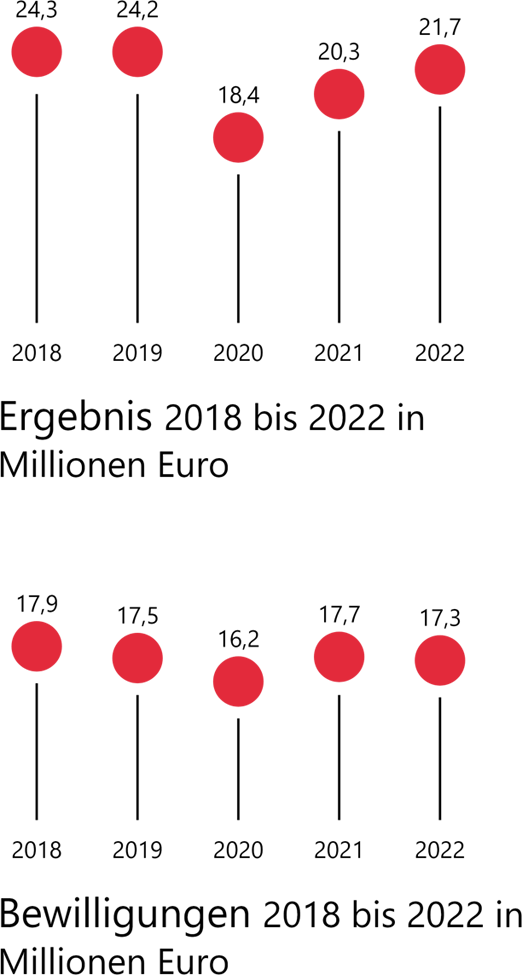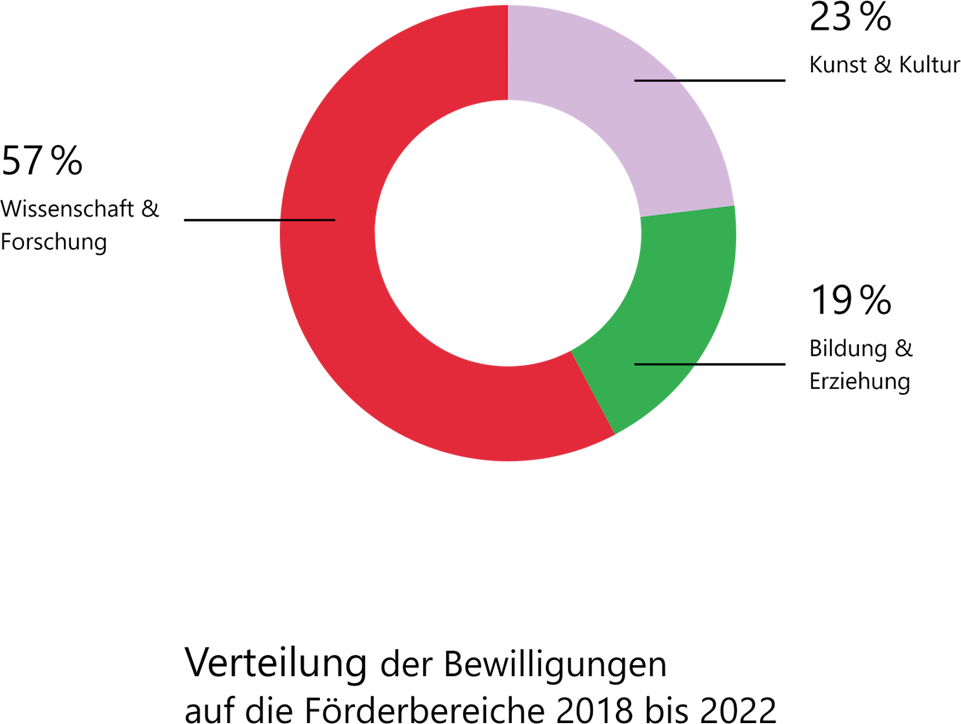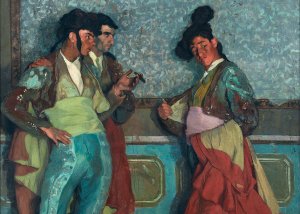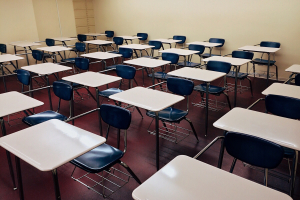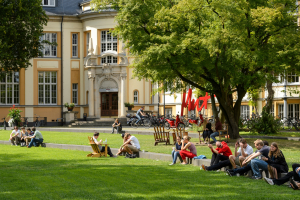Heidi Bühler Becker
Leiterin des Vorstandssekretariats
Menschen
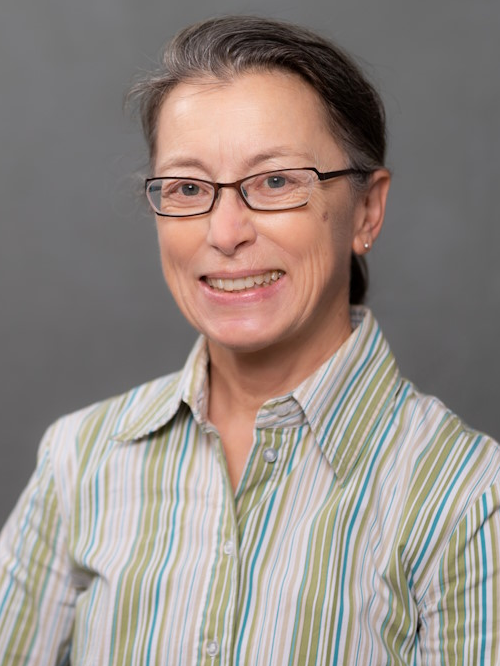
+49 40 41336850

Professor Manuel J. Hartung
Vorsitzender des Vorstands
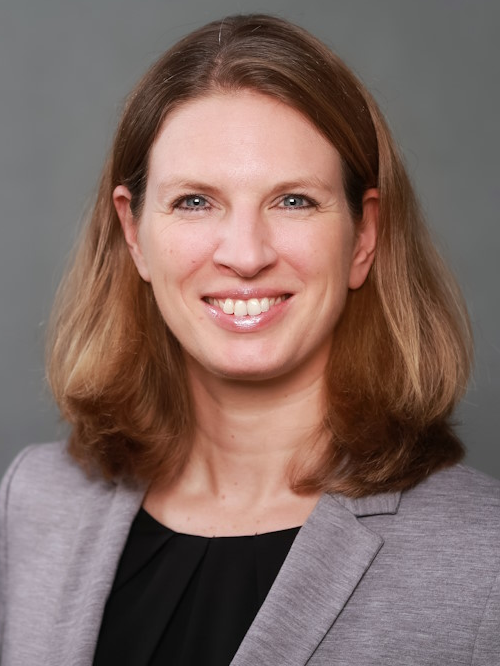
Susanne Pagel
Assistentin des Vorstandsvorsitzenden
+49 40 41336855
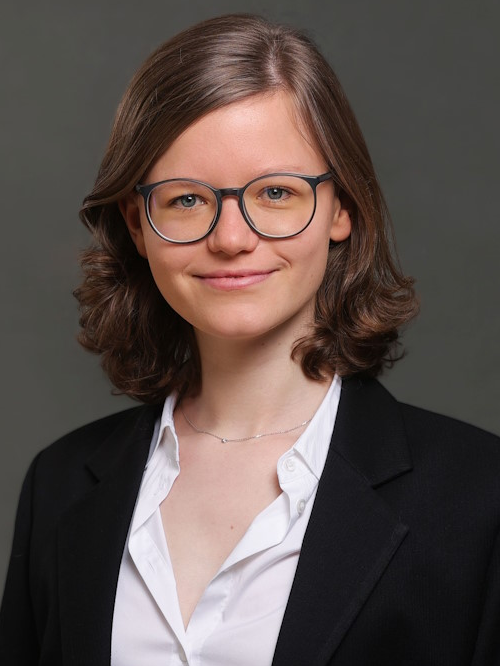
Mira Schlüter
Referentin des Vorstandsvorsitzenden
+49 40 41336853

Achim Lange
Finanzen, Verwaltung, Personal
+49 40 413366
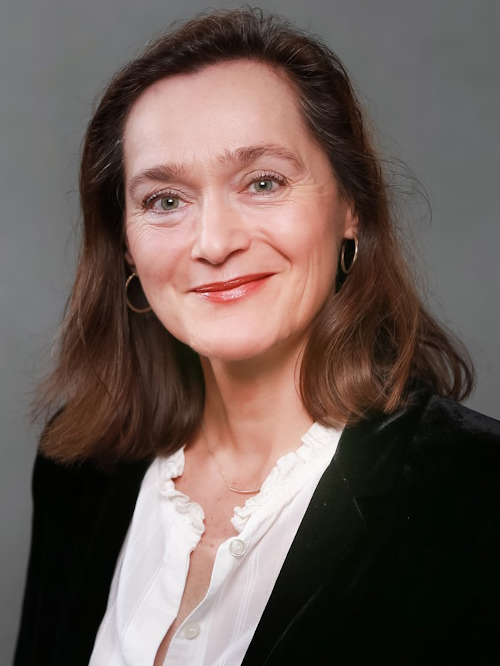
Judith Strand
Vorstandssekretariat
+49 40 41336952
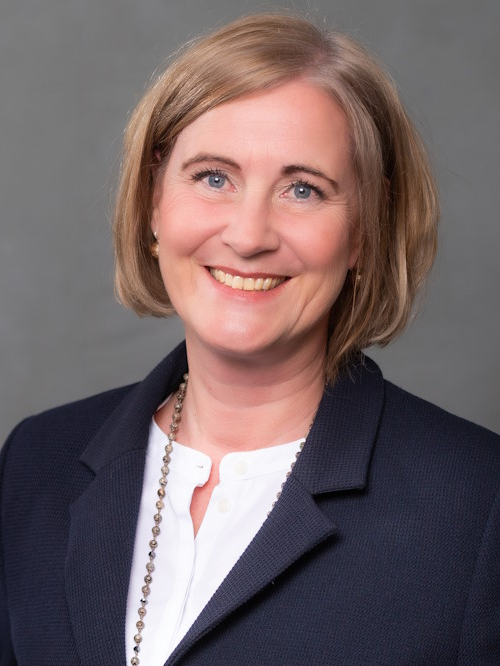
Karin Wandenelis
Rechnungswesen und Personal ZEIT STIFTUNG BUCERIUS
+49 40 41336950

Kirsten Wittek
Rechnungswesen Bucerius Kunst Forum
Deutsche Nationalstiftung
+49 40 41336953
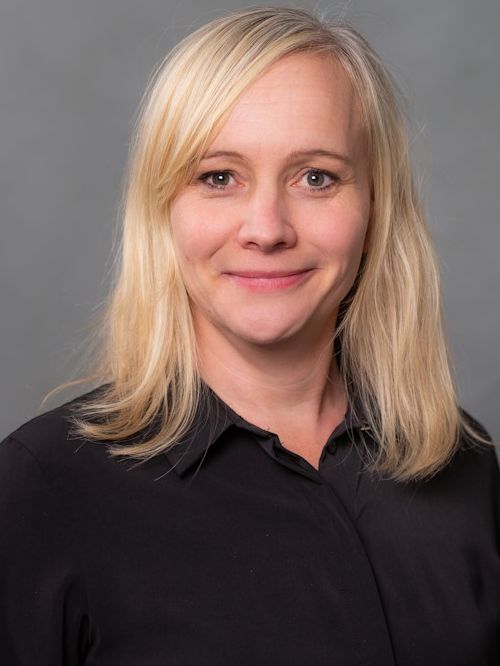
Jessica Staschen
Bereichsleiterin Presseförderung & Kommunikation
+49 40 41336872
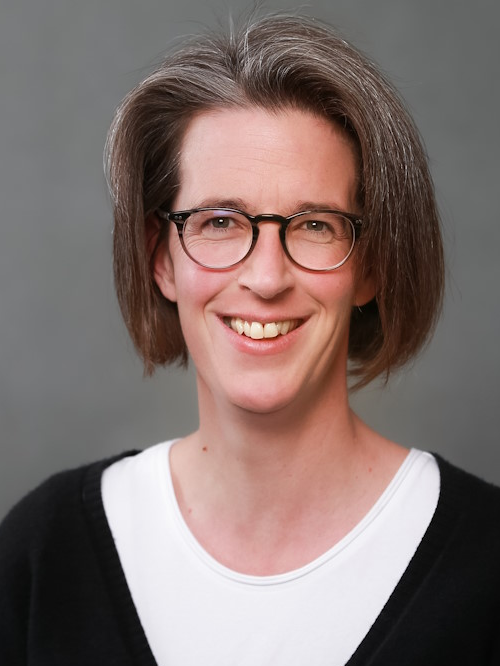
Kirsten Drees
Assistenz
+49 40 41336872

Robin Micha
Redakteur
+49 40 41336873

Dorit Schartau
Kommunikation
+49 40 41336870

Andrea Westphal
Assistenz
+49 40 41336874
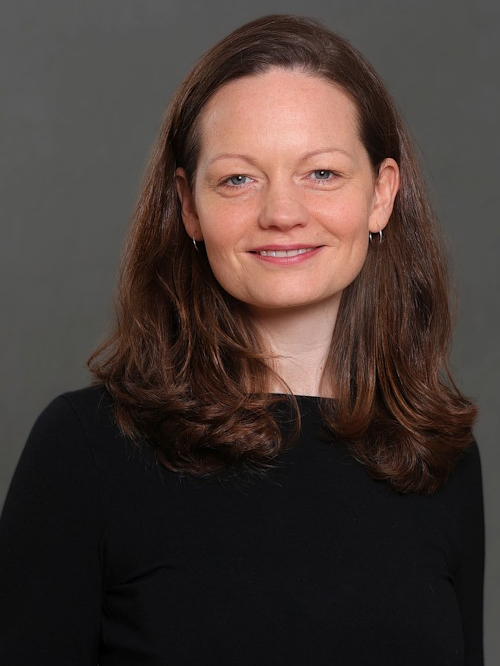
Dr. Amelie Zimmermann
Leiterin Bucerius Lab
+49 40 41336914
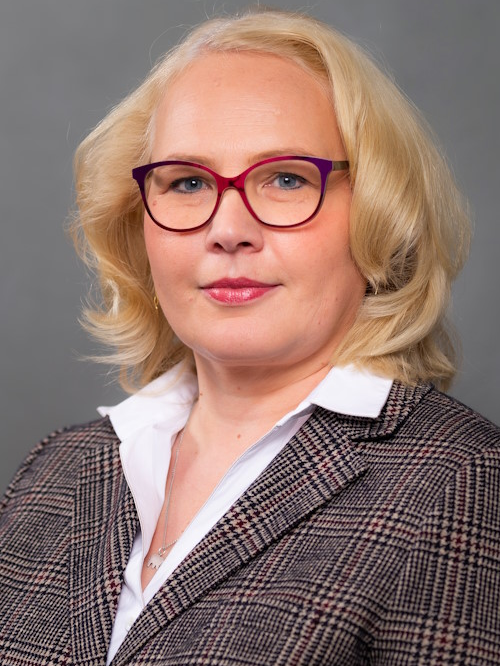
Christine Neuhaus
Hauptbereichsleiterin Förderungen
+49 40 41336915
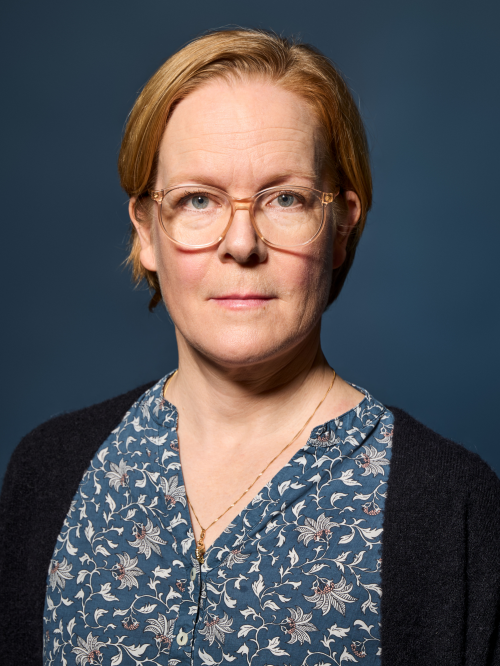
Meike Egge
Referentin
+49 40 41336913
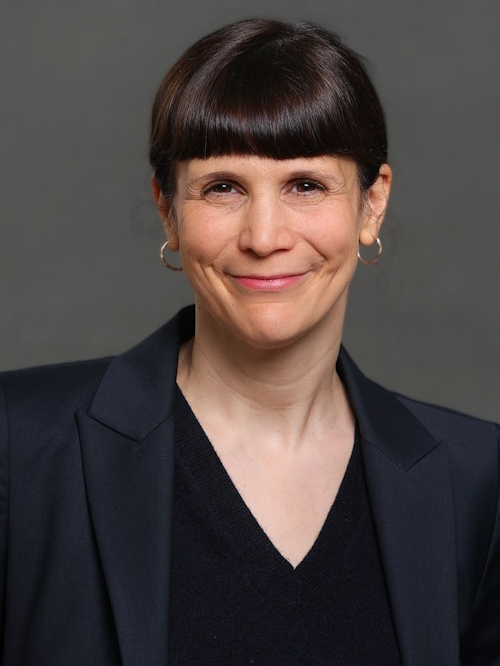
Saskia Helin
Assistenz
+49 40 41336915
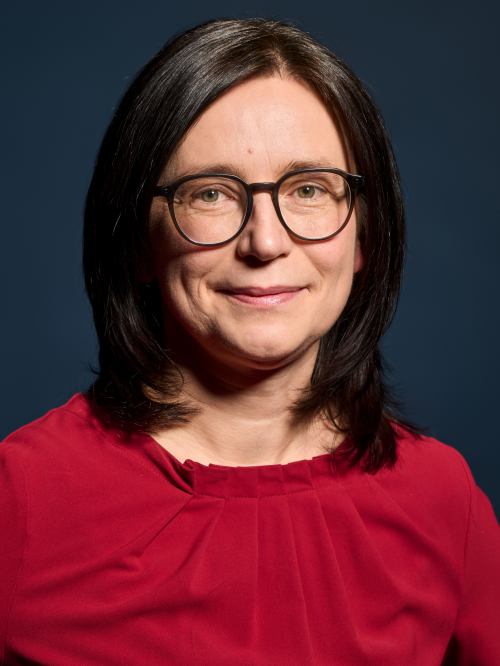
Dr. Anna Hofmann
Bereichsleiterin Wissenschaft & Forschung
+49 40 41336785
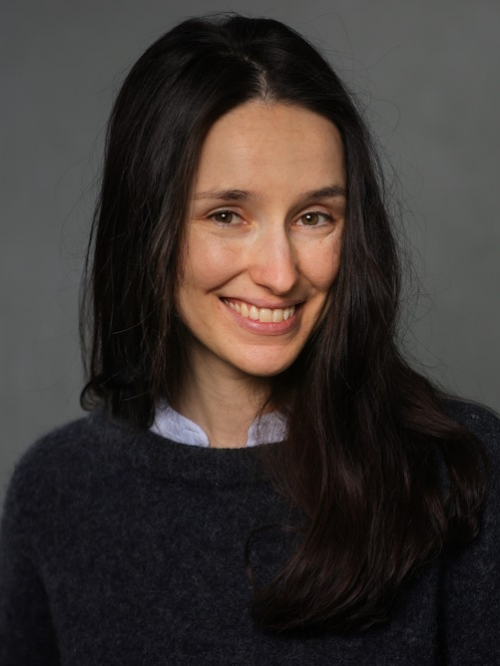
Rosenka Babinets
Projektreferentin
+49 40 41336770

Matthias Koch
Projektreferent
+49 40 41336786

Luis Rieken
Projektreferent
+49 40 41336861
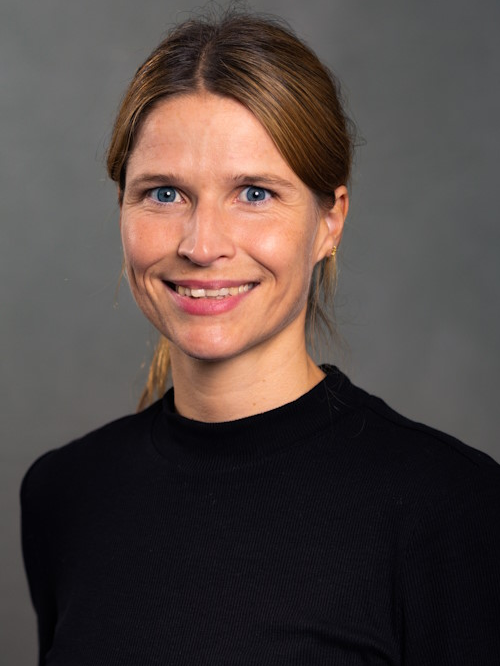
Christin Wöhlcke
Assistenz
+49 40 41336709
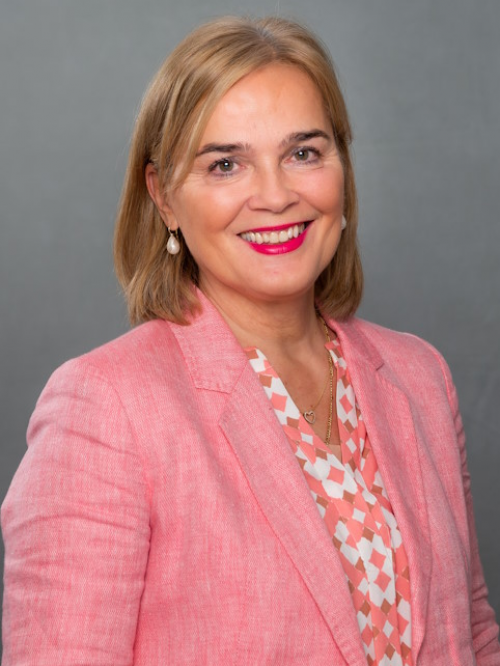
Tatiana Matthiesen, Ph.D.
(New School University)
Bereichsleiterin Bildung & Erziehung
+49 40 41336842

Marcella Christiani, M.A.
Wissenschaftliche Referentin
+49 40 41336846

Julie Demtröder
Wissenschaftliche Referentin
+49 40 41336845

Wiebke Deneke
Assistenz
+49 40 41336843

Lissy Neumann
Assistenz
+49 40 41336862

Jörn Ruge
Assistenz
+49 40 41336863
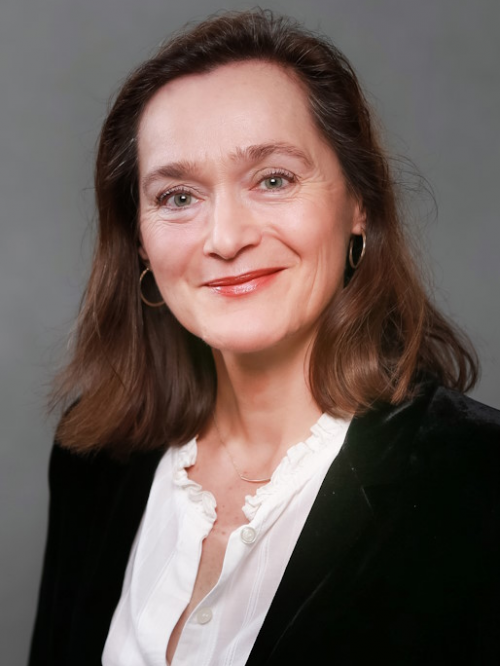
Judith Strand
Assistenz
+49 40 41336952
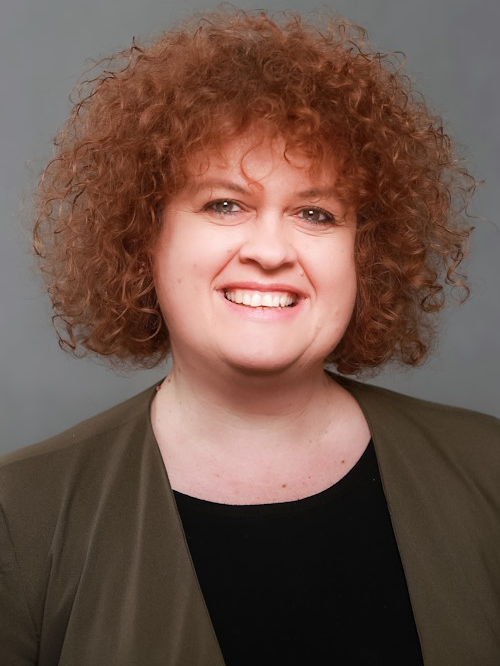
Katrin Wischert
Referentin
+49 40 41336844

Alexandra Reinhardt
Assistenz
+49 40 41336864
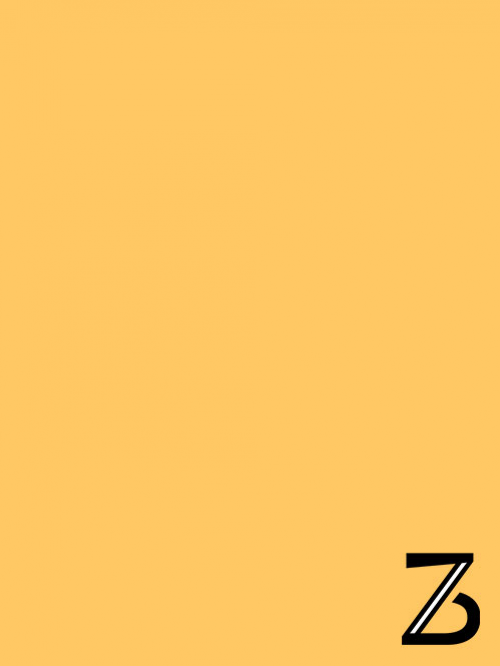
Margarethe Böttcher
Assistenz
+49 40 41336865

Sascha Suhrke
Bereichsleiter Politik & Gesellschaft
+49 40 41336717
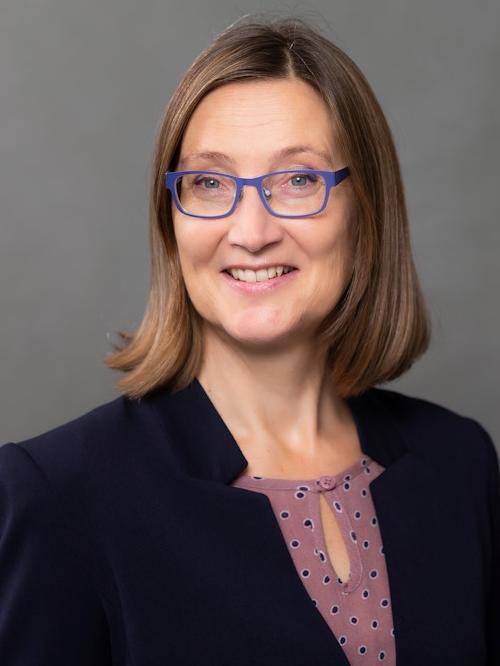
Dörthe Boose
Referentin
+49 40 41336780
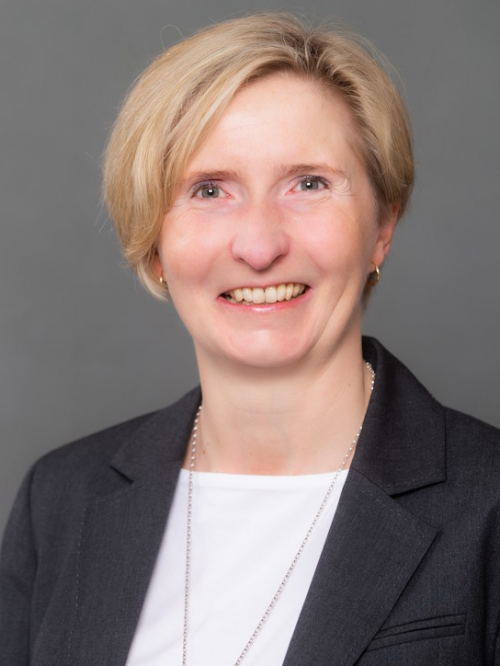
Anja Clausen
Assistenz
+49 40 41336742
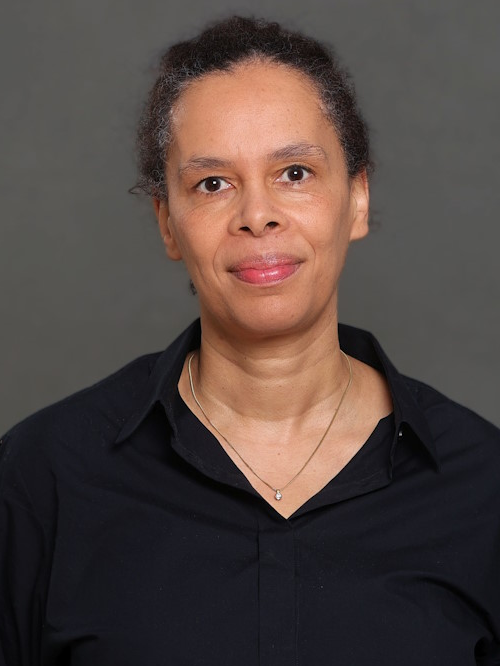
Helen Oqueka
Assistenz
+49 40 41336750

Tim Sievert
Projektreferent
+49 40 41336916

Stefanie Jaschke-Lohse
Programmleiterin Kunst & Kultur
+49 40 41336860
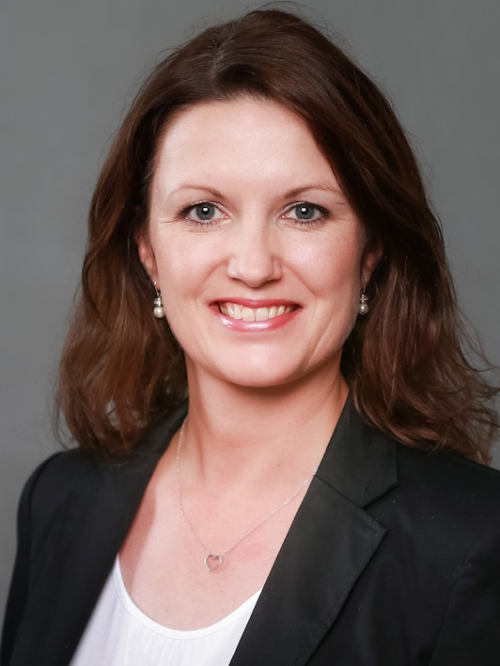
Andrea Schnäckel
Assistenz
+49 40 41336852

Natalya Stupka
Junior-Projektreferentin
+49 40 41336869

Petra Borchard, M.A.
Programmleiterin
+49 40 41336791
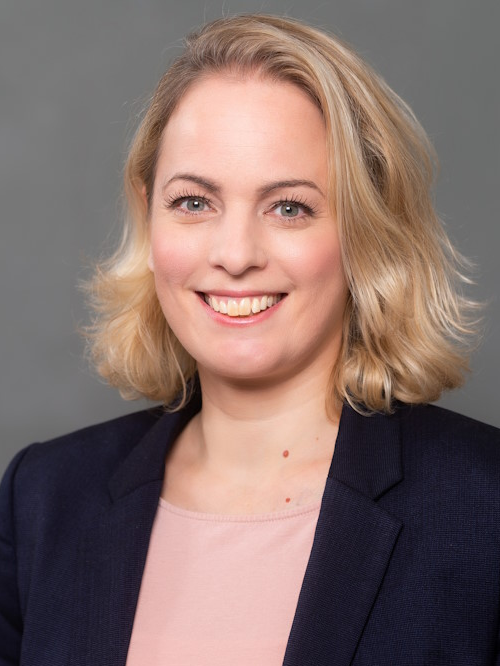
Mirjam Büttner
Leiterin
+49 40 41336790

Dipl. Arch. Axel Schuster
+49 40 41336790

Thomas Gland
Systemadministrator
+49 40 41336702

Benjamin Koch
Haustechnik
+49 40 41336704

Katharina Schmanns
Empfang
+49 40 413366

Andreas Tröbs
Systemadministrator
+49 40 41336706
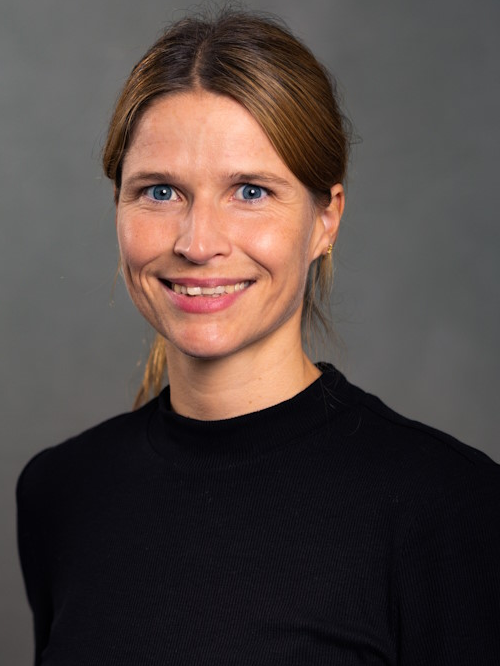
Christin Wöhlcke
Empfang
+49 40 413366

Prof. Dr. Burkhard Schwenker
Vorsitzender

Prof. Dr. Alena Buyx

Prof. Dr. Doris König

Prof. Dres. h.c. Manfred Lahnstein

Giovanni di Lorenzo

Dr. Thomas de Maizière

Fritz Horst Melsheimer

Dr. Thomas Mirow
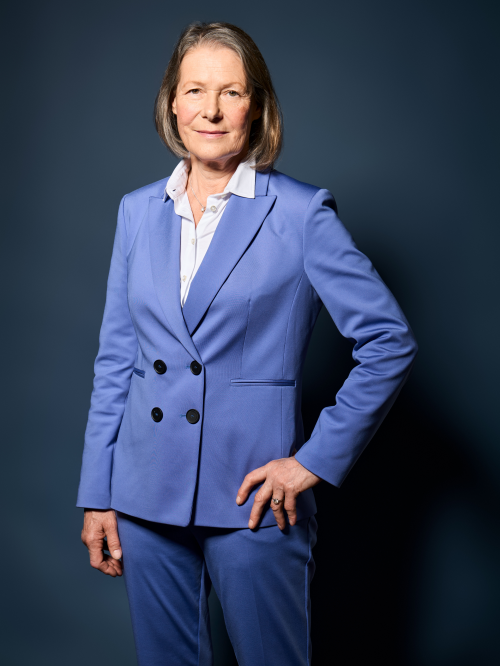
Christina Rau

Dagmar Reim
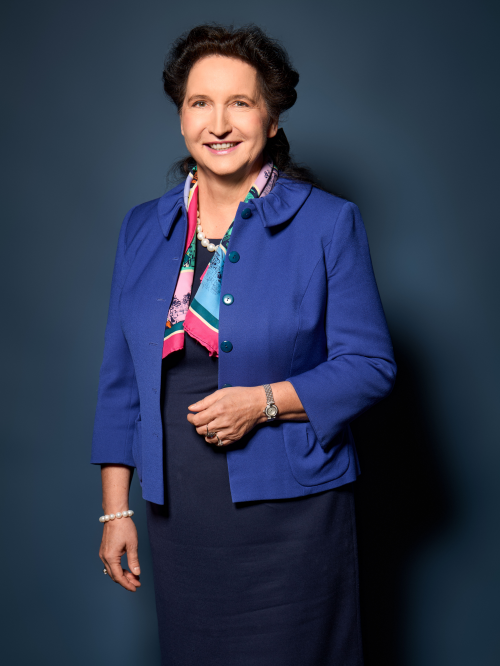
Carola Gräfin von Schmettow

Dr. Harald Vogelsang
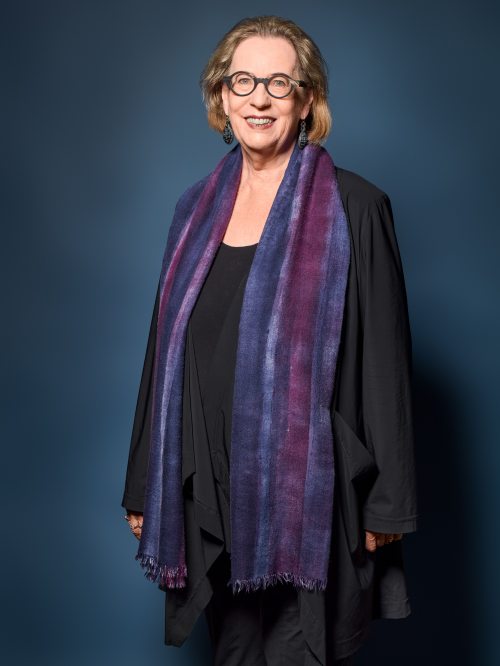
Prof. Dr. Christina Weiss
Alumni
Stellenangebote
Zur Ergänzung unseres Teams suchen wir idealerweise zum 1. Juli, spätestens zum 1. September 2024, eine:n
Referent:in des Vorstandsvorsitzenden (m/w/x)
in Teilzeit (mind. 19 Stunden/Woche)
Ihre Aufgaben:
- Strategieentwicklung: Sie formulieren und begleiten Strategien zur Weiterentwicklung der Stiftung, der Bucerius Law School und des Bucerius Kunst Forum.
- Projektmanagement: Sie sind verantwortlich für die Durchführung und Überwachung von Projekten des Vorstandsvorsitzenden.
- Inhaltliche Vor- und Nachbereitung von Terminen und Gremiensitzungen: Sie verantworten die Vorbereitung von Terminen, sowie die anschließende Ausarbeitung von Protokollen, die auch eigene Handlungsempfehlungen enthalten.
- Kommunikation: Sie kommunizieren sowohl intern als auch mit externen Partnern von Stiftung, Hochschule und Kunst Forum.
- Terminvertretung und -begleitung: Sie begleiten den Vorstandsvorsitzenden zu internen und externen Terminen und Veranstaltungen.
- Recherchen: Sie recherchieren und erarbeiten Dokumente zu möglichen Kooperationspartnern, zur Vorbereitung für Moderationen, sowie zu Personal- und Vorstellungsgesprächen.
- Reden schreiben: Sie verfassen Reden und Präsentationen für Auftritte des Vorstandsvorsitzenden.
- Moderationen: Wenn von Ihnen gewünscht, haben Sie die Gelegenheit öffentliche Veranstaltungen der Stiftung zu moderieren.
Ihr Profil:
- Sie sind ein Organisationstalent: Sie sind schnell, auch in manchmal hektischem Umfeld, und können auch in unübersichtlicher Lage gut und selbstständig Prioritäten setzen.
- Sie verfügen über einen Hochschulabschluss.
- Sie kommen direkt aus dem Studium oder befinden sich in den ersten Jahren des Berufslebens und möchten die Gelegenheit nutzen, durch die enge Zusammenarbeit mit dem Vorstand besonders viel zu lernen.
- Sie sind loyal, verschwiegen und haben Freude daran, viele relevante Fragen frühzeitig mitzubekommen und zu strukturieren.
- Sie arbeiten eigeninitiativ, zuverlässig und genau – und haben Spaß daran, im Team mit Büroleiterin und Assistentin des Vorstandsvorsitzenden, sowie mit den Kolleg:innen aus den Förderbereichen und Tochterorganisationen koordiniert zusammenzuarbeiten.
- Sie verfügen über gute kommunikative Fähigkeiten, ein verbindliches und sicheres Auftreten gegenüber internen und externen Ansprechpartner:innen sowie eine schnelle Auffassungsgabe.
- Sie pflegen einen guten Umgang mit Feedback und sind bereit, auch in der frühen Phase Ihres Berufslebens ehrliches Feedback zu geben.
- Sie beherrschen Deutsch und Englisch sicher in Wort und Schrift und sind routiniert im Umgang mit den MS Office-Programmen.
Das erwartet Sie:
- Enge Zusammenarbeit mit dem Vorstandsvorsitzenden.
- Vielfältige Einblicke in alle Bereiche der Stiftung mit großen Lernmöglichkeiten im Stiftungsmanagement.
- Die Möglichkeit, an allen Veranstaltungen der Stiftung teilzunehmen und dabei eine Vielzahl von Persönlichkeiten aus dem Stiftungssektor und darüber hinaus kennenzulernen.
- Ein abwechslungsreiches Arbeitsumfeld in einem engagierten und kollegialen Team.Leistungsgerechte Vergütung, Pluxee-Essensgutscheine und ein HVV-Deutschlandticket.
Haben wir Ihr Interesse geweckt?
Ihre aussagekräftigen und vollständigen Bewerbungsunterlagen unter Angabe Ihres frühestmöglichen Eintrittstermins und einer Gehaltsvorstellung senden Sie bitte per E-Mail bis spätestens 15. Mai 2024 an:
ihrebewerbung@zeit-stiftung.de
Haben Sie noch Fragen zur Stiftung oder zu den Aufgaben, die Sie erwarten? Dann wenden Sie sich gerne vertrauensvoll an Mira Schlüter unter schlueter@zeit-stiftung.de.
Bucerius Kunst Forum
Das Bucerius Kunst Forum ist ein internationales Ausstellungshaus im Herzen Hamburgs, das 2002 von der ZEIT STIFTUNG BUCERIUS initiiert und gegründet wurde. Ziel im Sinne der Stifter:innen ist es, bildende Kunst nachhaltig zu fördern und einer breiten Öffentlichkeit zugänglich zu machen.
Diesem Anspruch folgend zeigt das Bucerius Kunst Forum jährlich Ausstellungen mit Kunst aus aller Welt – von der Antike bis zur Gegenwart, begleitet von einem umfangreichen Vermittlungs- und Veranstaltungsangebot.
Das Bucerius Kunst Forum will damit Denkanstöße liefern sowie Orientierungshilfen für die Diskussion großer gesellschaftlicher Themen bieten. Zudem versteht es sich durch sein interdisziplinäres Veranstaltungsprogramm mit regelmäßig stattfindenden Führungen, Konzerten, Vorträgen, Diskussionen, Yoga-Sessions, Workshops, Partys und Lesungen als Ort des Austausches und Forum für alle Künste.
Mehr als 3,5 Millionen Besucher:innen bisher zeigen den Erfolg des Konzepts. Innerhalb weniger Jahre erwarb sich das Bucerius Kunst Forum zudem das Vertrauen der bedeutendsten Museen der Welt, welche die Ausstellungen mit einzigartigen Leihgaben bereichern.
2023 legte das Bucerius Kunst Forum in der Auswahl der Ausstellungen einen Fokus auf die Kunst von Künstlerinnen. Damit setzt das Haus ein deutliches Zeichen gegen die strukturelle Benachteiligung von Frauen, die auch in der Bildenden Kunst und vor allem Kunstgeschichte seit Jahrhunderten vorherrscht.
Weitere Informationen unter buceriuskunstforum.de
Mit der Förderung des Bucerius Kunst Forums akzentuiert die ZEIT STIFTUNG BUCERIUS ihre Kunst- und Kulturförderung, die mit Teilhabe und Diskurs einhergeht.
Bucerius Law School
Die Bucerius Law School in Hamburg ist Deutschlands erste private Stiftungshochschule für Rechtswissenschaft und gehört mit ihrem innovativen Konzept der internationalen und praxisnahen juristischen Ausbildung zu den führenden Hochschulen des Landes.
Sie wurde im Jahr 2000 von der ZEIT STIFTUNG BUCERIUS gegründet, um – im Geiste ihrer Stifter:innen – das Jura-Studium zu erneuern und flexibel an sich verändernde Anforderungen der juristischen Realität anzupassen. Zudem wollte Gerd Bucerius die deutsche Rechtswissenschaft im internationalen Diskurs stärken.
Als Pionierin geht die Bucerius Law School seitdem mutig neue Wege in Lehre und Forschung und steht fortlaufend im konstruktiv-kritischen Austausch mit der Praxis. Neben akademischer Exzellenz und Internationalität lebt die Hochschule auch Vielfalt, Gemeinschaftssinn und Verantwortung im Dienst der Gesellschaft vor.
Ihre herausragenden Absolvent:innen sind auf dem Arbeitsmarkt begehrt. Rund 100 neue Studierende werden jedes Jahr nach ihrer individuellen Eignung aufgenommen. Stipendien und ein innovatives Gebührensystem machen das Studium für jedes Talent unabhängig vom Geldbeutel zugänglich.
Die ZEIT STIFTUNG BUCERIUS als Hauptunterstützerin der gemeinnützigen wissenschaftlichen Hochschule fördert mit der Bucerius Law School seit über 22 Jahren exzellente Wissenschaft, Lehre und Forschung sowie akademische Freiheit und stärkt Teilhabe.
Weitere Informationen unter: www.law-school.de





